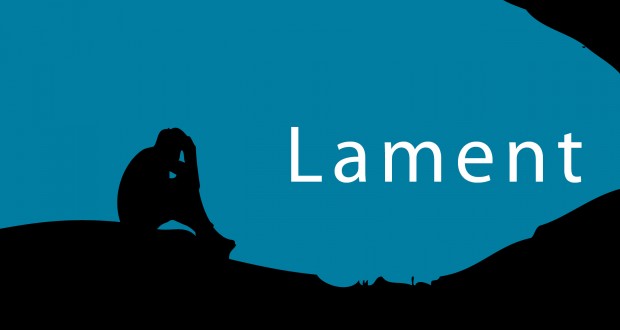Danielle Stott explores how faith can flourish during a season of lament.
“Is there really a God?”
“God, why do you sit back and allow war to consume countries, and people?”
“Why does God seem so hidden in our hour of need?”
It’s quite common to hear such heartfelt protests, doubts and despair from people who dislike religion. However I rarely hear such questions and thoughts from Christians. Christians, I think, tend to interact with God with a gentle rhythm of reverence and thankfulness.
I guess this makes sense; being a Christian is to respect and honour God.
But what if there is also a place for believers to ask these questions and share in these cries?
If we turn to the Bible we find that believers often passionately cried out to God with complaints and doubts, which is often called lament. Just recall the melody of heartache in the books of Jeremiah, Job and Isaiah. The psalmist also lamented, “Oh Lord, why do you hide yourself in times of trouble?” (Psalm 10:1-18).
I wonder if Christians today rarely lament because we haven’t been told we can, and we’ve just learnt to supress our doubt and despair. I wonder if we don’t lament because we fear:
- that unbelief breeds in a climate of doubt
- we’ll offend God if we are anything but thankful
- we’ll be admitting we don’t have all the answers if we cry out to God confused and despairing
- we’ll fall into despair if we admit the world isn’t as it should be.
Perhaps these fears are understandable. However, I believe that faith can flourish in a climate of lament.
After all Job spent so much time lamenting about his extreme suffering. Yet remarkably at the end of his book he falls to the ground and worships God (Job 42:1).
A similar truth seems to appear in the gospels.
In the gospels we discover that being a Christian means following Jesus. So we are to despair with Jesus as we face injustice. We are to anger with Jesus as we face the disorder of the world we live in. We are to doubt with Jesus as we follow him to the cross.
Yet as we sit and mourn at the tomb our tears dry up as we realise that it is empty. We realise that in grace, and in joy, the world is being redeemed by the love of God. We do not stay in lament.
I wonder if Christian hope can be known because despair and anger and doubt were firstly experienced. Like how darkness comes before the morning, rich joy and hope flow from lament.
Danielle is a member of Ashmore Uniting Church on the Gold Coast.
 JourneyOnline
JourneyOnline



